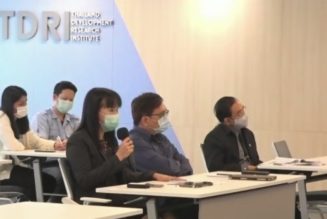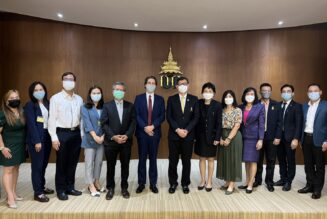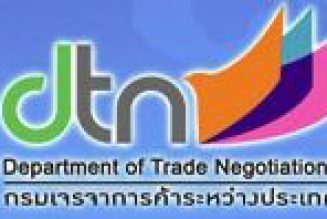Politicians should be kept out of the decision-making process for long-term flood-prevention projects, says Deputy Prime Minister Kittiratt Na-Ranong.
Both domestic and foreign experts must be consulted to develop solid academic and technological solutions, he said.European countries, China, Korea and Japan have proposed long-term projects, while the Asian Development Bank yesterday made recommendations and funding proposals for a rehabilitation plan.
“The government needs help from foreign experts and companies, as well as countries with strict laws to protect against corruption,” said Mr Kittiratt.
He made the comments at a meeting yesterday with Prime Minister Yingluck Shinawatra, foreign ambassadors and experts to discuss appropriate technology for Thailand.
The premier should chair a special committee with members from the business community and the Engineering Institute of Thailand, he added.
The government has not decided on the technology or a budget for a long-term prevention project that would likely cost tens of billions of baht, he said.
Mr Kittiratt expects rehabilitation of industrial estates in Ayutthaya to start in a week or 10 days after the waters recede. Three estates _ Saha Rattananakorn, Rojana and Hi-Tech _ have been given first priority.
The Industry Ministry has prepared 350 water pumps to drain the estates. It has also assured companies that existing measures will help prevent flooding of eight dry industrial estates in the eastern and western suburbs.
The cabinet yesterday approved 25.53 billion baht to compensate state banks for offering soft loans to affected businesses, distributed by the Government Savings Bank with loans guaranteed by the Small Business Credit Guarantee Corporation.
The Finance Ministry estimated damage for industrial operations and households with insurance coverage at 745 billion baht, with insured damage of 200 billion for industries and 17 billion for households.








